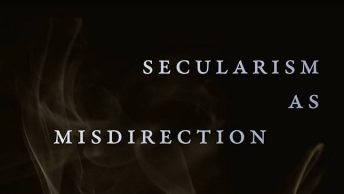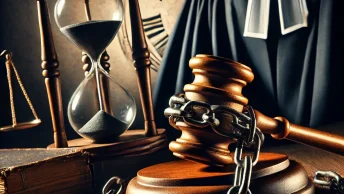The Supreme Court refused to intervene in Meghalaya, where the Governor, S.S.Sidhu has decided to invite the Congress to form the Government.
Mr.Soli J.Sorabjee, the counsel for the leader of the NCP, P.A.Sangma, (petitioner is Conrad K.Sangma, his son) has argued that the Congress has only 25, whereas the combined non-Congress parties which have come together and staked claim, has the support of 31 members in the 60-member assembly. The petition challenged the appointment of Congress Leader D.D.Lapang as the Chief Minister before the trial of strength on the floor of the House.
Even as I am sympathetic to the plea that the formation which has more numbers on its side should be invited to form the Government, I am uncomfortable with some of the assumptions of the petitioner. Let me elaborate.
1. Is it the case of the petitioner that no one can be appointed as the CM before the trial of the strength on the floor of the House? Obviously, the petitioner would approve if the Governor invited the leader of the Meghalaya Progressive Alliance, the post-poll alliance which claims 31 seats to form the Government.
2. If the Governor has to consider the claims of the post-poll alliance, then obviously, he will be counting the heads at Raj Bhavan, a practice successive Commissions, including the Sarkaria Commission, opposed. The Governor cannot be faulted if he thought that the right place to determine the majority is the floor of the House.
3. If the Governor is to be satisfied with a parade of strength at Raj Bhjavan, why should he ask the CM to prove his majority on the floor of the House within a few days?
4. Mr. Sorabjee argued that the Governor presented a fait accompli by appointing the CM. Mr. Sorabjee assumes that the CM would be in a better position to indulge in horse-trading, having assumed office. Mr. Sorabjee himself was a vocal critic of the theory of horse-trading as the basis for the decisions of the Governor on whom to invite. Remember Mr. Sorabjee’s case against horse-trading, when he was critical of the then Bihar Governor Buta Singh’s recommendation to impose President’s rule in Bihar, (2005) before Nitish Kumar could stake his claim to form the Government? Therefore for Mr.Sorabjee to say now that the Congress CM would be in a better position to indulge in horse-trading given 10 days to prove his majority is hardly convincing.
(See The Rameshwar Prasad Judgment (2006 2SCC 1) Mr.Sorabjee was then the petitioner’s counsel challenging the constitutionality of President’s rule and dissolution of the assembly in Bihar six months after the elections, following iability of any party/parties to form the Government. The SC accepted his contention, and declared the dissolution unconstitutional. My earlier posts on this issue are here)
5. If the prospect of horse-trading on the part of the Congress CM should have some basis, then what prevents us from believing that the post-poll non-Congress alliance also came about only after some horse-trading or quid pro quo?
6. In the absence of legally laid down guidelines as to determining the claims of a post-poll alliance, the Governor cannot be faulted in following the convention of inviting the single largest party to form the Government. True, it would result in the situations like the one faced by Atal Behari Vajpayee in 1996 when his Government lasted just 13 days (At that time, the criticism was that Shankar Dayal Sharma did not wait long enough for the non-BJP parties to come together and stake their claim). But unless parties agree on some other acceptable conventions, the present state of uncertainty regarding who has a better claim to form the Government – especially where groups enjoy wafer-thin majorities-is bound to continue.
7. The Supreme Court had already been blamed for over-interference in deciding how the Jharkhand assembly should conduct its affairs when a similar vote of confidence took place after the elections. Mr.Sorabjee himself was critical of this intervention as an aberration. Therefore, the SC did well in counselling wait-and-watch approach to Mr.Sorabjee.





